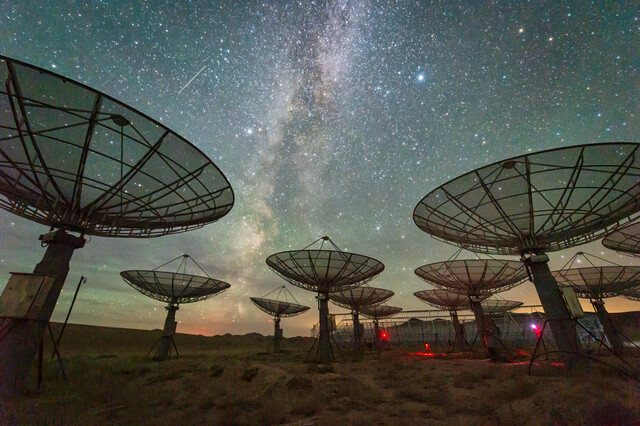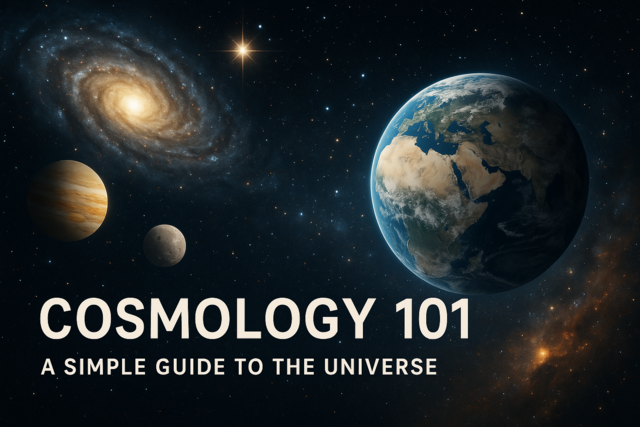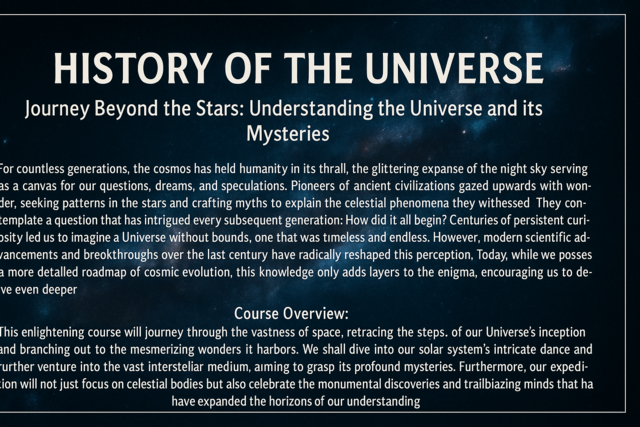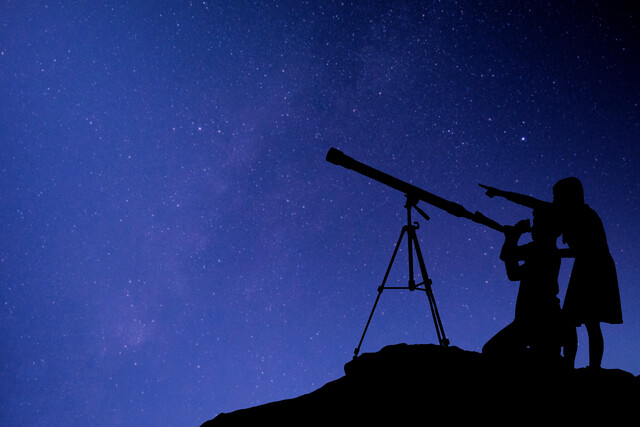Lesson 1. Exoplanets and Dark Energy: Unraveling the Universe's Secrets
Since 1990, the Hubble Space Telescope has provided an unparalleled view of the cosmos, capturing crucial moments in star and galaxy evolution. Its contributions have been fundamental, from determining the Universe's age to mapping dark matter with gravitational lensing.
Lesson 2. Exoplanet Exploration: The Search for Habitability
The ongoing search for exoplanets raises the possibility of identifying Earth-like planets within the 'Goldilocks Zone,' where the conditions are just right for water and life. Instruments like the forthcoming James Webb Space Telescope will continue to enhance our ability to observe these distant worlds' atmospheres and surfaces.
Lesson 3. The Quest for Cosmic Chronology
The universe's age estimation, enhanced by celestial observations and cosmic principles like the Doppler Effect and Hubble's Law, exemplifies scientific progress from imprecise beginnings to precise cosmological frameworks. As modern technology refines our grasp of expansive cosmic forces, enigmatic phenomena like dark matter and energy remain pivotal in rewriting the universe's narrative.
Lesson 4. The Expanding Universe: A Quest for Understanding
Cosmic Microwave Background studies have elucidated early universe conditions, showing an unexpected matter domination born from the Big Bang's aftermath. The singularity mystifies current physics, challenging scientists to decrypt the universe's origin, while ongoing research explores future cosmological trajectories with advanced observatories.
Lesson 5. Exploring the Cosmic Puzzle: Dark Energy's Hidden Secrets
The discovery of the universe's accelerating expansion challenged previous beliefs, leading to the hypothesis of Dark Energy--a force comprising 70% of the cosmos and reshaping cosmological studies. Theories like the cosmological constant and quintessence strive to explain this enigmatic energy, while efforts continue to directly detect it.
Lesson 6. Unveiling the Cosmic Unknown: The Nature of Dark Matter
Behind the brilliance of starry skies lies a secret in cosmic balance: the unseen grip of Dark Matter, holding galaxies in a silent embrace. Scientists pursue its shadow to redefine the boundaries of physics and uncover the mysteries of an expansive universe beyond the visible.
Lesson 7. The Universe's Tapestry: Understanding Planetary and Stellar Formation
Galaxies are sprawling cosmic islands hosting billions of stars and their planets, shaping the large-scale architecture of the universe. Spiral, elliptical, and irregular galaxies each narrate unique tales of formation and evolution, representing the Universe's grand scale and elegance.
Lesson 8. Liquid Mysteries: Water's Journey on the Moon and Mars
Human missions to Mars pose numerous challenges, including radiation exposure and life support, but offer opportunities through resources such as Martian water and minerals. Collaborative efforts between space agencies and commercial entities aim to overcome these obstacles as we look toward potential human presence on Mars.
Lesson 9. Gamma-Ray Bursts Explained
Gamma-ray bursts (GRBs) are cosmic phenomena representing the most powerful explosions observed since the Big Bang, captivating scientists with their extraordinary brightness and unpredictable occurrences across the universe. Advancements in technology allow astronomers to study these enigmatic events, revealing their origins in distant galaxies and correlations with collapsed stars or neutron star mergers.
Lesson 10. The Cosmic Symphony: Exploring String Theory's Promise
String Theory ambitiously seeks to unify physics by proposing that fundamental particles are one-dimensional vibrating strings, rather than point-like dots, potentially explaining all forces and particles within a singular framework. This elegant perspective reconciles the microscopic world of quantum mechanics with the cosmic scale of relativity, suggesting a cohesive 'Theory of Everything.'
Lesson 11. The Cosmic Tale of Dwarf Planets: Navigating New Definitions and Discoveries
The introduction of the 'dwarf planet' category reflects a need to recognize celestial bodies that possess characteristics between traditional planets and smaller objects like asteroids. As of 2023, five dwarf planets are officially recognized, each representing a unique aspect of solar system exploration.
Lesson 12. Origins of the Cosmos: Understanding the Big Bang Theory
Galactic formations such as the Milky Way owe their origins to CMB anisotropies and gravitational dance, orchestrated over eons. Instruments like the Planck satellite continually refine our cosmic understanding by examining the universe's composition through its dark matter and dark energy proportions.
Lesson 13. Sun's Fury: Understanding Coronal Mass Ejections
Our Sun, while life-sustaining, poses potential risks through solar flares and CMEs that could cripple technological systems worldwide. To counteract these dangers, strengthening infrastructure resilience and improving space weather forecasting are essential steps forward.
Lesson 14. Revolutionizing Our View: The Profound Impact of Special Relativity
Albert Einstein's special relativity redefined physics by connecting space and time into a four-dimensional continuum and showing mass-energy interchangeability. These concepts, tested by modern technology like GPS, continue to shape scientific and philosophical discourse on the universe.
Lesson 15. Light Speed and Inertial Frames: The Pillars of Relativity
The Second Law of Special Relativity emphasizes the immutable speed of light across all reference frames, defying typical expectations of relative velocity. This constancy leads to profound implications, necessitating space and time adjustments, such as time dilation, where a moving observer experiences time slower relative to a stationary observer.
Lesson 16. The Enigma of the K-Pg Extinction: Unraveling the Event that Changed Earth's History
A colossal asteroid impact 66 million years ago, identified by the Chicxulub crater, led to the rapid demise of the dinosaurs while ushering mammals into a new evolutionary era. This dramatic shift in biodiversity underscores the adaptability of life amid profound environmental upheaval.
Lesson 17. Particles and Possibilities: The Implications of Higgs's Discovery
Nestled underground at the edge of France and Switzerland, the Large Hadron Collider at CERN embarks on unraveling the universe's deepest mysteries by probing subatomic particles. Highlighting the elusive Higgs boson discovery in 2012, it affirmed a pivotal part of the Standard Model, resonating through multiple branches of physics and technological innovation.

15 Hours average completion time
1.5 CEUs
17 Lessons
17 Exams & Assignments
18 Reference Files
82 Articles
Mobile Friendly
Last Updated January 2026


















